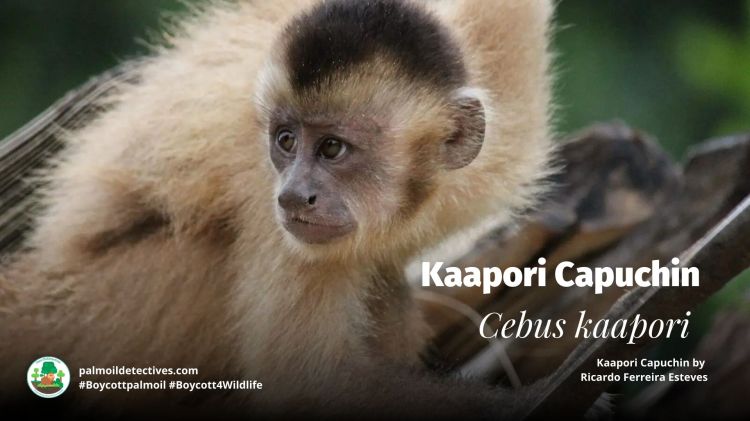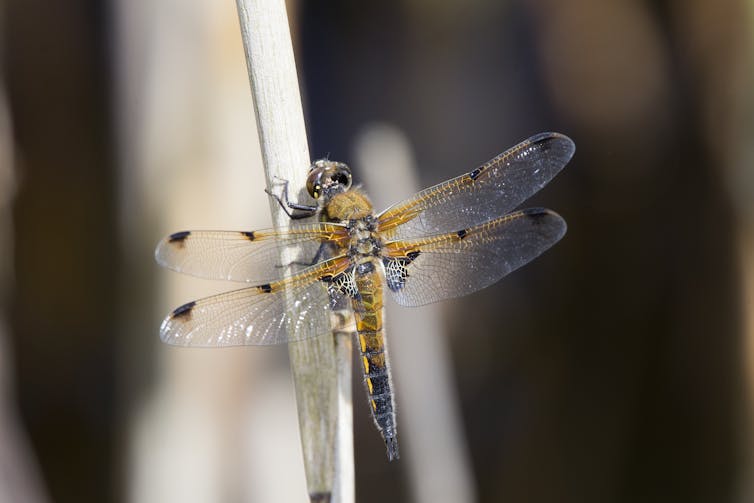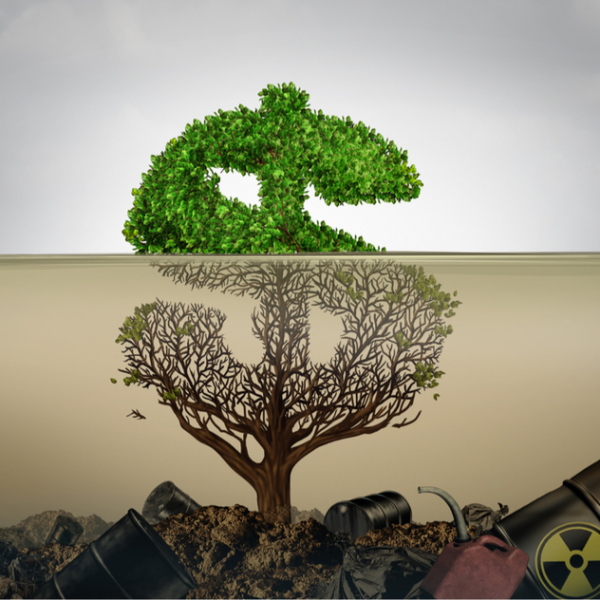It seems we are having a hard time paying sufficient attention to the climate and extinction crises. This is because the causes for the most part move slowly, without the flashy drama that can focus our minds in the midst of 24-hour news cycles and social media distractions. The Netflix film Don’t Look Up cleverly captures our inability to focus on and come together to counter such a common threat. To change this, we must develop a “slow memory” that can help us care about and act on slow change. #Boycottpalmoil #Boycott4Wildlife
Humans can learn to develop a ‘slow memory’ to understand the slow-moving but real threat of #animal #extinction. Also it helps to go #Vegan and #Boycottpalmoil #Boycott4Wildlife in the supermarket
Tweet

Written by Jenny Wüstenberg, Associate Professor, Twentieth Century History, Nottingham Trent University. This article is republished from The Conversation under a Creative Commons license. Read the original article.
Humans reckon with catastrophes by remembering them collectively and individually. If climate change is the main threat, it deserves as much attention as our grandparents and great-grandparents mustered to survive the threat of the second world war. Today, most of us actively recall and work against the things that led to that conflict – fascism, discrimination, hatred, economic deprivation – and we have coined the phrase “never again” to encapsulate the idea that remembering the past entails taking responsibility for the future.

A century ago, a French sociologist named Maurice Halbwachs, one of the founding fathers of memory studies, argued that collective memory offers a framework to make sense of the past, enabling a group to negotiate what it stands for. We tend to think of history in terms of specific dates, events and people, and so public commemoration mostly represents these in anniversaries, in plaques showing where “stuff happened”, or in statues. This is “fast memory”, an easily accessible repertoire of rituals of remembrance. Modern states – democratic and authoritarian alike – have whole departments devoted to fast-memory management.
The problem with climate change is that it does not lend itself easily to fast memory: it is not caused by a clear set of definable events or actors, and responsibility for it lies with many different people, communities and economic, social and colonial processes – many of them in the distant past. It can also not be overcome through either the heroic actions of a few or short-term concerted effort.
In order for policy making and mass behaviour to change, the threat of climate change and species extinction has to become impossible to ignore. For this to happen, we need to develop an emotional, rather than merely intellectual, relationship with the planet and its future inhabitants. How can we understand “never again” in relation to human-made environmental devastation?
Slow memory: The present has been shaped by gradual change
Slow memory – a concept I have developed in collaboration with colleagues as part of an EU-funded project – would mean creating space and time in our fast-paced lives to recognise that the present (and future) is shaped by gradual and creeping transformations, like the decline in bee populations or the disappearance of the rainforest.

Slow memory means decentring humans from the stories we tell about our past and allowing other species to feature in them. This is what activists in Brighton are now doing annually on November 30 when they gather to mourn lost species in a kind of funeral rite, creating what they describe as “a space for exploring stories about extinctions, that also acknowledge and pay proper attention to the related human experiences of injustice or oppression.”
Thankfully, we do not have to start from scratch to create slow memory: as Joanne Garde-Hansen and colleagues have shown in their work on flood memories, communities that have experienced environmental change have long developed ways of remembering, though these have often been forgotten or ignored. Such practices have left traces in community archives and family storytelling, and finding them requires us to “slow down” and rethink what, who and which source matters.
Listening to older people or marginalised communities and learning about their responses to change is a good place to begin. This “slowed down” course of action in the face of danger may seem strangely devoid of predictable outcomes, but clearly our ever-accelerating drive for fast solutions has been part of the problem so far.
How to develop a slow memory
Another avenue to develop “slow memory” is to use familiar techniques of commemoration to call attention to a slow-moving threat. The most impressive effort of this kind is Eden Portland, a proposal to turn a former mine into a memorial space, as well as build an epic above-ground monument, to remember the species we have lost and help evoke an emotional response.
The memorial will be built on a cliff on the Isle of Portland in southern England, in a Unesco World Heritage region known as the Jurassic coast due to the rich variety of fossils found there. These fossils are nature’s way of commemorating past inhabitants of our planet, but the traces in the rock have not been recognised by humans as a call to action.
At Eden Portland, enormous sculptures of the white rhino, the Yangze dolphin and other extinct animals will give the victims of poaching and habitat destruction a face and make “fast memory” work to remember slow devastation.
Conventional commemoration – the monument – will thus be used to foster the emotional bonds between human and non-human species that are indispensable to persuading our politics to act now – before it is too late. What we need is myriad small and large projects of this kind of “slow memory” to evoke a fundamental shift in consciousness about climate change.
Here are some other ways you can help by using your wallet as a weapon and joining the #Boycott4Wildlife
Contribute to my Ko-Fi
Did you enjoy visiting this website?

Palm Oil Detectives is 100% self-funded
Palm Oil Detectives is completely self-funded by its creator. All hosting and website fees and investigations into brands are self-funded by the creator of this online movement. If you like what I am doing, you and would like me to help meet costs, please send Palm Oil Detectives a thanks on Ko-Fi.










Dear Palm Oil Detectives, Could you please look into Gabriel and Zuzu Lux cosmetics? They say they are palm oil free. I would love your assurance in this. Thank you for all the hard work you do. Sincerely, Julie
LikeLiked by 1 person
Hello there is nowhere on the website that states that they are palm oil free. Seeing as they mention other things ‘coconut oil free’, ‘lead-free’ and they are not mentioning palm oil anywhere, it is likely that they are using palm oil. I would avoid this brand and also check out this list of brands that are #palmoilfree on this website. Thank you for caring for animals and for being a part of the #Boycottpalmoil #Boycott4Wildlife https://palmoildetectives.com/2021/02/11/palm-oil-free-makeup-and-cosmetics/
LikeLike